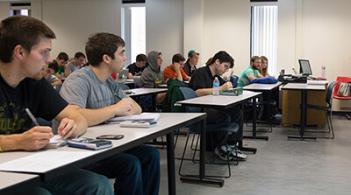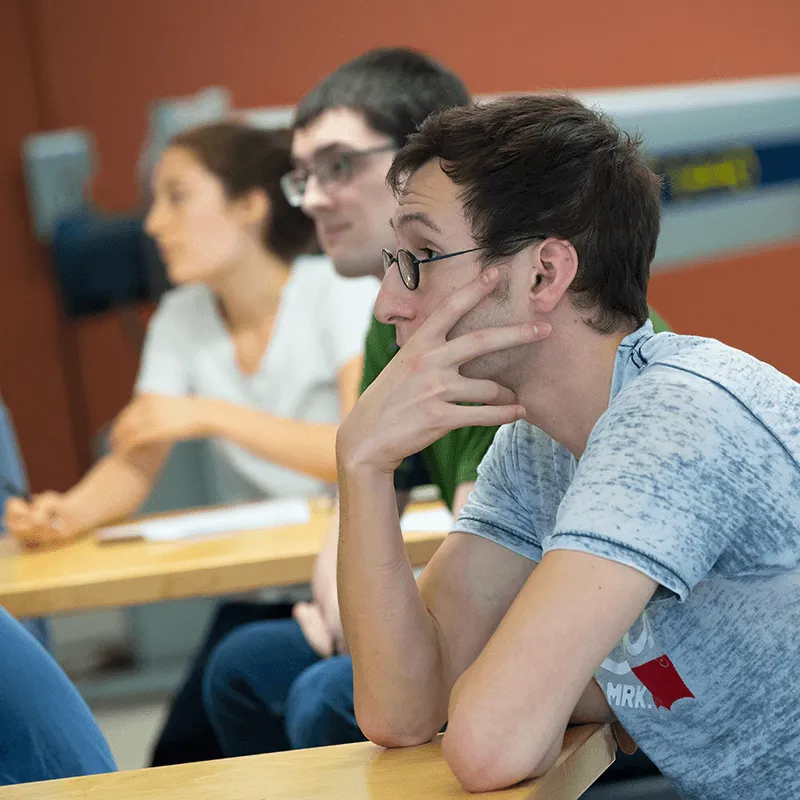Why Study Economics
Economics is about more than numbers. It is a human-oriented subject, exploring how people allocate and utilize resources on an individual and collective basis. It is the social science of the material world. But unlike other social sciences, economics has a central theory of choice that we apply to all sorts of behavior and decisions to answer public policy questions using quantitative tools.
Why Economics at UVM
Strong Policy Orientation
As an economics major at UVM, you will study a broad array of topics which bear directly on human welfare, including economic growth and development, unemployment, international trade, the relationship between the environment and the economy, health and obesity, the role of race and gender in the economy, discrimination, migration, inequality, and poverty, distribution of income and the role that laws and institutions play in addressing these issues.
"The senior level classes gave me the ability to recognize and quantify the inter-relatedness of society, politics, and economics."

Our Teaching Mission

Expand Your Toolbox

